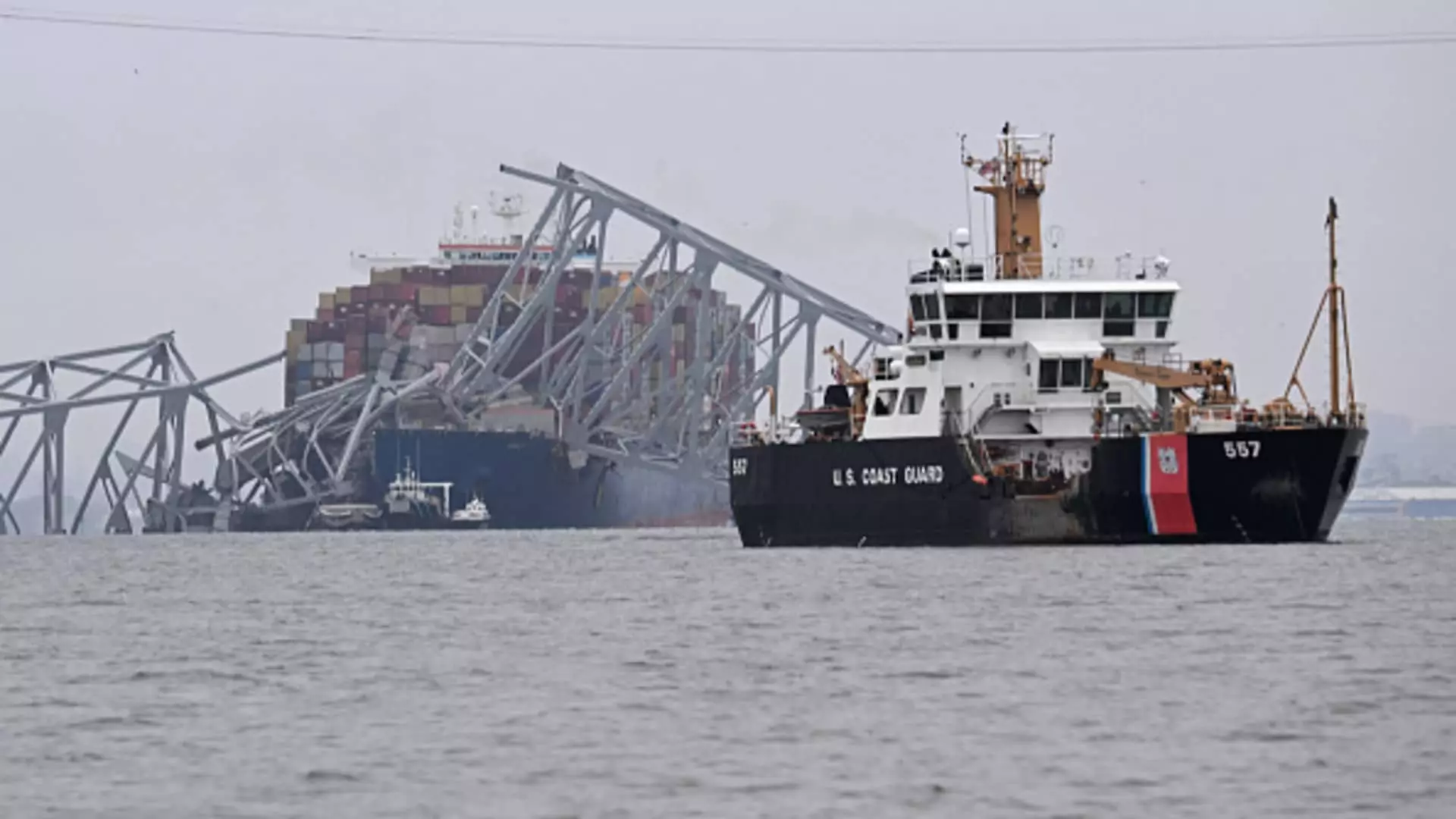The recent Baltimore bridge collapse has sent shockwaves through the automotive industry, prompting carmakers to carefully assess their operations. The closure of the busiest U.S. auto port has far-reaching implications, with logistics companies scrambling to make arrangements to ensure the smooth transit of imports and exports.
Carmakers like Mercedes-Benz USA and Volkswagen Group of America are already feeling the effects of the bridge collapse. Mercedes-Benz USA CEO Dimitris Psillakis noted that Baltimore is one of their major distribution centers in the U.S. However, they are looking into other entry ports such as Brunswick, Georgia, to alleviate the import pressures caused by the closure of the Port of Baltimore.
While some carmakers like Volkswagen Group of America do not expect major disruptions to vessel operations, they anticipate trucking delays due to diverted traffic flows in the area. Companies like General Motors, Ford, Toyota, Nissan, and Mitsubishi are evaluating the situation closely and preparing to divert operations to other ports. The Port of Baltimore handled 847,158 cars and light trucks last year, and the diversion of goods to ports like those in New York, New Jersey, Virginia, Georgia, and South Carolina is inevitable, leading to longer journey times.
The bridge collapse in Baltimore has also raised concerns in the global shipping industry. The event added to the existing volatility caused by attacks on ships passing through the Red Sea toward the Suez Canal. Christian Roeloffs, CEO of logistics platform Container xChange, emphasized the importance of the Baltimore port as a crucial gateway for specialized cargo and bulk handling. Delays in cargo movement could result in inventory shortages, affecting businesses that rely on timely deliveries, such as the automotive industry.
In the aftermath of the Baltimore bridge collapse, carmakers are facing significant challenges in maintaining their operations. While efforts are being made to mitigate disruptions, the closure of the Port of Baltimore has already had a ripple effect on the automotive industry. As companies adapt to the new reality and explore alternative ports for their operations, the long-term impact of the bridge collapse remains to be seen.

Leave a Reply